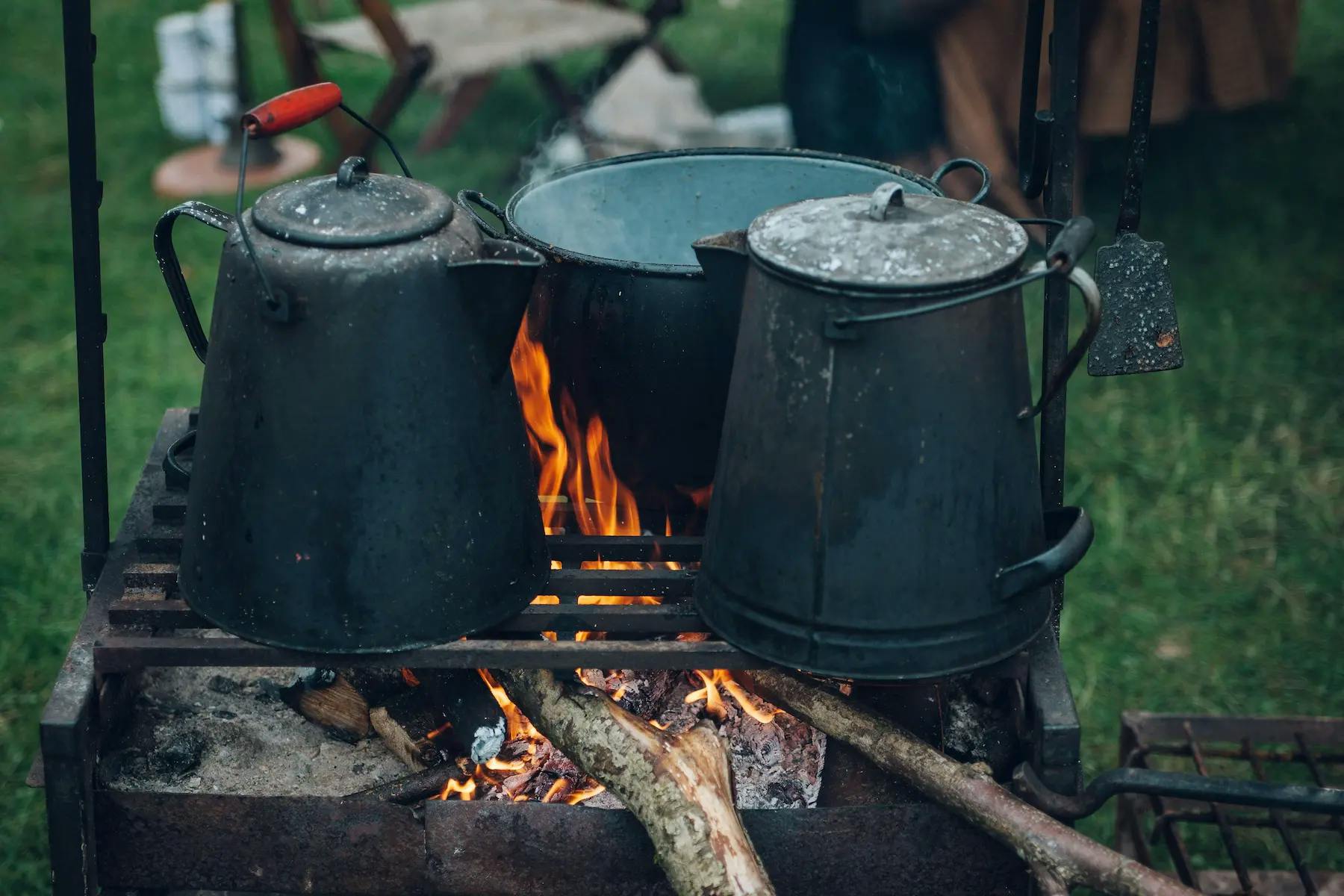Essential Vitamins You Might Forget in Your Survival Prep
- Published on
Essential Vitamins You Might Forget in Your Survival Prep
In the realm of survival preparedness, we often focus on water, food, shelter, and first aid. But what about the vital nutrients that keep our bodies running optimally? Many survivalists overlook the importance of vitamins in their prep plans. This oversight can lead to deficiencies that may hinder your ability to survive in the wild or during a prolonged emergency. In this post, we will explore essential vitamins that should not be neglected in your survival preparations.
Why Vitamins Matter in Survival Situations
Vitamins play critical roles in various bodily functions. They are necessary for everything from energy metabolism to immune function. During high-stress situations, adequate nutrition becomes even more crucial. Deficiencies can lead to fatigue, illness, and impaired cognitive abilities—all of which can be detrimental when you are in survival mode.
Preventing deficiency in vitamins can ensure you have the physical and mental strength needed to tackle any challenges that come your way. Let’s delve into the most essential vitamins to include in your survival prep.
1. Vitamin A
Role in Survival:
Vitamin A is crucial for eye health, immune function, and skin health. It helps maintain night vision and improves your body's ability to combat infections—both vital factors when you're living off the grid.
How to Source It:
In a survival situation, you can find Vitamin A from various food sources if you have the means to grow or forage. Consider these:
- Carrots
- Sweet potatoes
- Spinach
- Kale
If you're planning for long-term storage, consider multivitamins containing Vitamin A or dehydrating vegetables and fruits packed with the nutrient.
Recommended Storage:
For long-term survivability, stock up on freeze-dried fruits and vegetables that are rich in Vitamin A. These can be easily rehydrated in a survival scenario.
2. Vitamin C
Role in Survival:
Vitamin C is widely known for its antioxidant properties, aiding in healing wounds and maintaining immune function. Given the stress of a survival situation, a robust immune system is critical to prevent infections.
How to Source It:
Fresh fruits and vegetables are excellent sources, but these may not always be available. Focus on:
- Bell peppers
- Oranges
- Broccoli
- Berries
Additionally, invest in vitamin-rich powders or tablets to include in your survival kit.
Recommended Storage:
Consider storing freeze-dried fruits or powders rich in Vitamin C that can be mixed into water for easy consumption.
3. Vitamin D
Role in Survival:
Vitamin D is slowly becoming recognized for its crucial part in bone health and immune function. When facing stressful survival situations, keeping your immune system strong is pivotal for your overall health.
How to Source It:
Natural sunlight is the best source of Vitamin D. However, in prolonged survival situations, supplements become critical.
Recommended Storage:
Store Vitamin D tablets in your first aid kit. These don’t take up much space and are incredibly vital, particularly in winter months or overcast regions.
4. Vitamin E
Role in Survival:
Vitamin E functions as an antioxidant, protecting cells from damage. It is also essential in maintaining skin health, which can be vital when exposed to the elements.
How to Source It:
Some of the best sources include:
- Nuts like almonds
- Seeds
- Spinach
- Broccoli
Recommended Storage:
Stock up on nuts or consider taking vitamin E capsules, which can easily be included in your survival stash.
5. B Vitamins (Complex)
Role in Survival:
These vitamins are pivotal for energy production and red blood cell formation. In high-stress situations, your body requires more energy, making B vitamins incredibly important.
How to Source It:
B vitamins come from a variety of food sources, including:
- Grains
- Eggs
- Meat
- Legumes
Recommended Storage:
Consider investing in a B-complex vitamin supplement that can cover all your bases.
Additional Tips for Vitamin Optimization
Food Preservation Techniques
When preparing for survival, think beyond the staples. Knowing how to preserve your food properly can significantly aid in retaining the vitamin content. Techniques include:
- Dehydration: Many fruits and vegetables can be dehydrated without losing substantial amounts of their vitamins.
- Fermentation: This can enhance nutritional value and preservation lifetimes while introducing beneficial probiotics.
Stay Informed
Educate yourself about the vitamins in your supplies. Having a knowledge base will empower you to make better decisions, especially in emergencies.
For more information on food preservation techniques, you can refer to the Food and Agriculture Organization (FAO) website.
Final Thoughts
In survival scenarios, the focus tends to lean towards water, food, and shelter. However, neglecting vitamin support can lead to undesirable outcomes. By incorporating essential vitamins like A, C, D, E, and the B complex into your prep plan, you're ensuring a fortified stance against potential nutritional deficiencies.
Remember to consider the storage needs of these vitamins and their food sources. Whether you choose to forage, grow your own, or stockpile supplements, being aware of the importance of these nutrients will enhance your resilience in unexpected situations.
Start today by reviewing your survival kit. Are you prepared? By taking care of your body with proper vitamin supplementation, you’ll be well-equipped for whatever may come your way.
Final Thoughts
Always consult with a healthcare professional before making significant changes to your diet or vitamin intake, especially if you're planning long-term survival situations. Every bit of preparation counts, and having the right nutrients on hand can make all the difference in your survival journey.
For more on survival nutrition, check out this useful guide on nutritional needs during emergencies.
Happy prepping, and remember: Plan smart, eat smart, and thrive in any situation!



